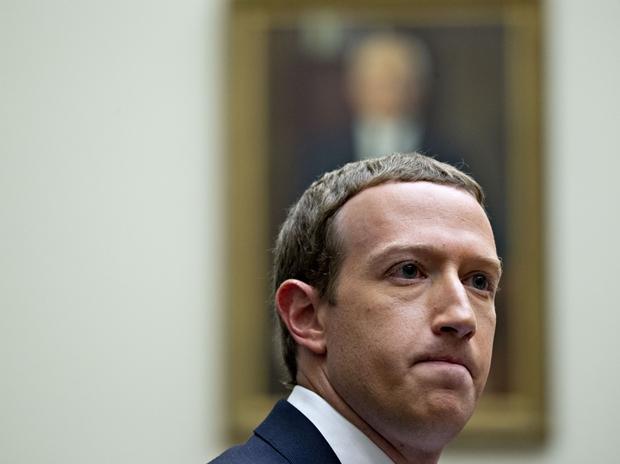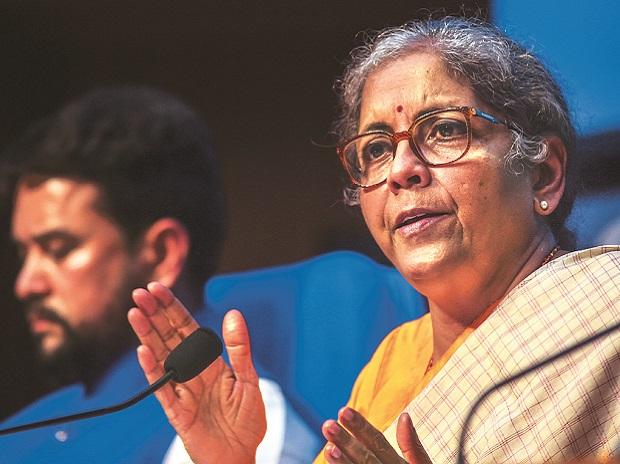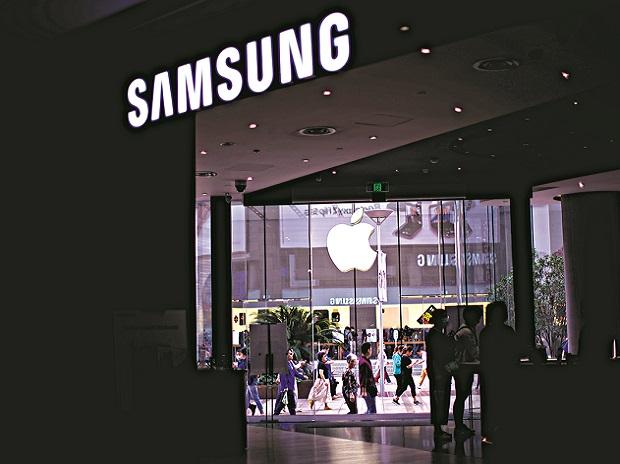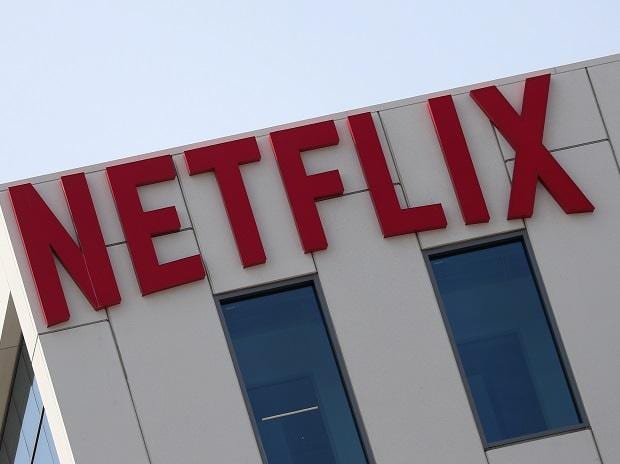Scheme will provide assistance to discoms for infrastructure creation, inclusion of prepaid smart metering, feeder separation, upgradation of systems

The Union Budget offered a second chance to financially ailing power distribution companies (discoms) with the Finance Minister announcing a Rs 3,05,982 crore outlay for a revamped reform scheme for the discoms.
In her Budget speech, finance minister Nirmala Sithraman said a revamped, result-linked scheme for five years would be launched for the discoms.
“The viability of distribution companies is a serious concern. A revamped, reform-based, results-linked, power distribution sector scheme will be launched with an outlay of Rs 3,05,982 crore over five years. The scheme will provide assistance to discoms for infrastructure creation, inclusion of prepaid smart metering, feeder separation, upgradation of systems,” she said.
This paper had reported that the discoms will get five more years to reform their financials and operations.
The FM also noted that consumers should be provided with the choice of power supplier. “The distribution companies across the country are monopolies, either government or private. There is a need to provide choice to the consumers by promoting competition. A framework will be put in place to give consumers alternatives to choose from among more than one distribution company,” she said.
The earlier discom reform scheme UDAY concluded in FY20 with most of the states failing to meet their stipulated targets. The Aggregate Technical & Commercial (AT&C) losses or power supply losses due to inefficient systems were supposed to come down to 15 per cent and average cost-revenue (ACS-ARR) gap of discoms, down to zero by FY20.
However, AT&C losses currently stand at 23.9 per cent and cost-revenue gap at 0.53 paisa, according to the UDAY portal. The numbers are the national average of last available data of all discoms of FY20 and indicative data of six states during Q1FY21











































